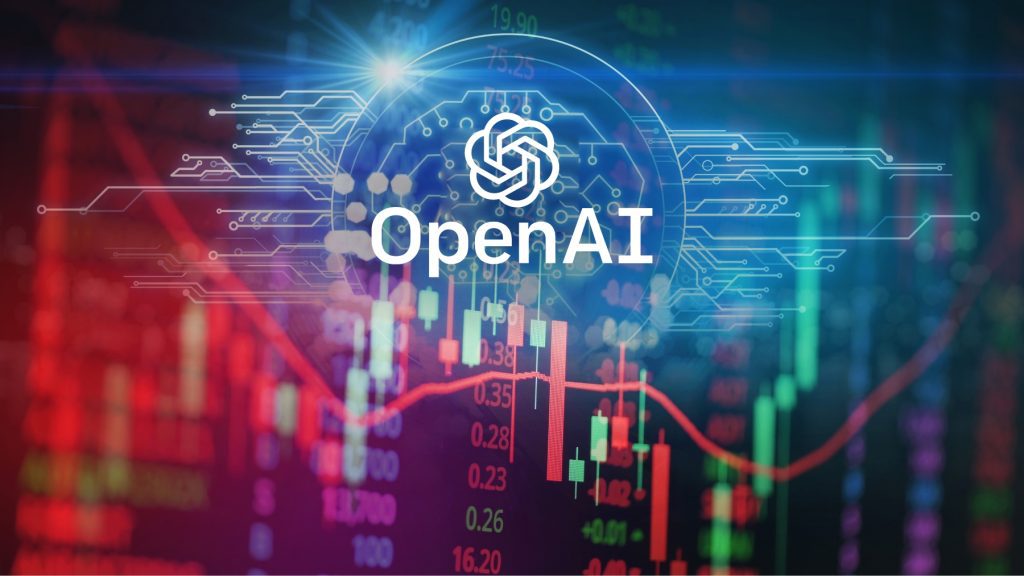
OpenAI, the artificial intelligence studio behind ChatGPT, is confronting a dire financial crisis as revenue challenges and accuracy issues cast a shadow over its future.
- Running ChatGPT costs the company $700,000/day.
- Users have dropped by 12% in July 2023 compared to June.
- The competition is intensifying as other Big Tech companies are taking a piece of the AI pie.
OpenAI, the artificial intelligence studio behind ChatGPT, is grappling with a significant financial crisis as it faces substantial losses and struggles to generate sufficient revenue to cover its operational costs.
Reports suggest that OpenAI incurs an astonishing daily expense of $700,000 to maintain ChatGPT. CEO and co-founder Sam Altman himself called the costs “eye-watering” back in December 2022.
Despite the chatbot’s impressive capabilities, it has failed to generate enough revenue to offset these substantial costs. Attempts to monetize newer versions like GPT-3.5 and GPT-4 have yielded limited success, leaving the company in a precarious financial situation. Recent findings also reveal a decline in OpenAI’s user base, with a 12% decrease in visitors to the ChatGPT website in July 2023 compared to the previous month. This decline does not account for users utilizing the artificial intelligence studio’s APIs, which provide developers access to integrate GPT into their applications.
OpenAI’s financial troubles extend to its competition with open-source language models. Unlike the paid and restricted versions offered by OpenAI, these open-source alternatives provide free usage and customization options, catering to specific use cases and posing a significant challenge to OpenAI’s offerings.
Despite receiving a lifeline through a $10 billion investment from Microsoft and other venture capital firms, OpenAI’s ambitious revenue targets of $200 million in 2023 and $1 billion in 2024 appear increasingly unattainable in light of mounting losses.
A notable division within OpenAI centers around Altman’s concerns about unregulated AI. Altman emphasizes the risks of job displacement and ethical dilemmas if AI lacks proper oversight. The company’s main competitors, such as Google and Meta, are now joined by Elon Musk’s xAI venture.
A recent study, titled “Who Answers It Better? An In-Depth Analysis of ChatGPT and Stack Overflow Answers to Software Engineering Questions,” has also cast doubt on ChatGPT’s accuracy. The study found that “52% of ChatGPT’s answers [to 517 questions from Stack Overflow] contain inaccuracies and 77% are verbose. Nevertheless, users still prefer ChatGPT’s responses 39.34% of the time due to their comprehensiveness and articulate language style.”
OpenAI’s future now stands at a crossroads as it grapples with financial instability and the accuracy concerns surrounding ChatGPT. The company’s strategic decisions moving forward will undoubtedly shape the trajectory of the AI industry and its potential for sustainable profitability.
For all its intelligence, ChatGPT can’t figure out how to turn a profit.
Inside Telecom provides you with an extensive list of content covering all aspects of the tech industry. Keep an eye on our Intelligent Tech sections to stay informed and up-to-date with our daily articles.